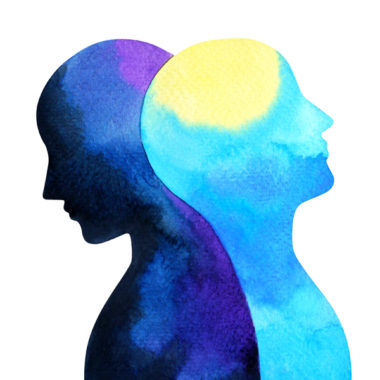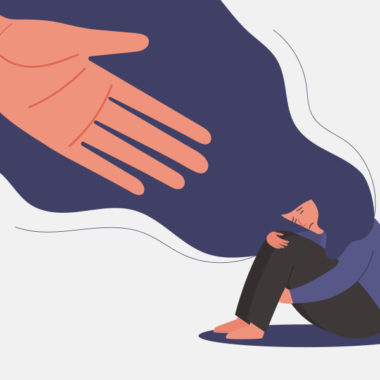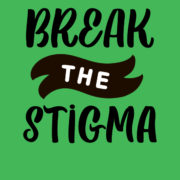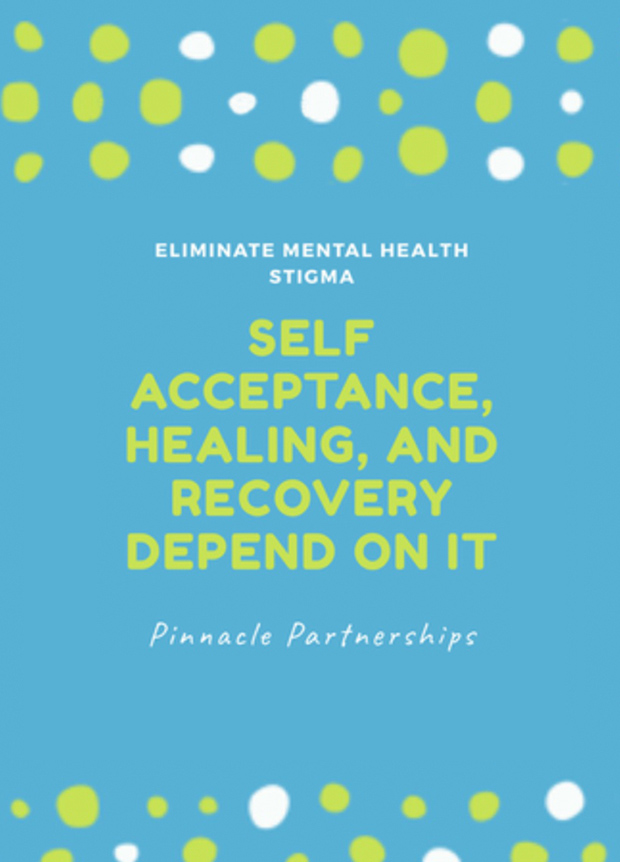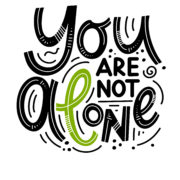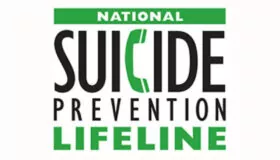What is Stigma?
Stigma has consistently been a significant barrier for individuals and communities when facing challenges related to mental health. It’s the reason why people hesitate to talk about their challenges and an obstacle when it comes to getting help. The effects of stigma permeate across all areas of society and the far reaching implications can be felt both at the systemic level, as well as at every level of care. Ultimately, most will grapple with mental health stigma in some way, shape, or form. If you ever want to recognize it, you’ll find that it poses as the elephant in the room. The one everyone steadfastly ignores. Nevertheless, it is still able to drive conversations and key decisions as people try to skirt around it. The bottom line is that stigma creates more work for everyone. It’s taxing on society, and families often get the worst of it.
The Children are our Future
While the increased statistics of mental health challenges in our youth are staggering, sobering, and concerning, It’s important to point out another trend that has been observed. While the incident of youth mental illness is on the rise, the level of stigma associated with these types of challenges is decreasing in this population as well.
The Bright Side
In today’s world this should serve as no surprise. Each day we are met with stories in the news of youth who are leading the way on many fronts, whether it be gun control, climate change, or mental health stigma. Youth are talking about it among their friends, in chat rooms, via text message, and on social media. Everyday they are taking action and asking for reform or change. Most of all, they are doing and saying things that are getting the attention of the adults around them as they ask for help in their own unique ways.
Eliminate Stigma. Change the World.
The innovations that lie on the other side of stigma are worth the work to eliminate it. They are so profound that the future of our youth and by extension, our world, will forever be changed for the better. Just on the other side of stigma, there is flexibility, problem solving, collaboration, empathy, community, and a culture of acceptance. Many of us are shining in the light of empathy and paving the way for others through innovations that will change the way we look at, approach, and experience mental health for generations to come.
Three Ways to Help Eliminate Stigma
- Listen empathically – Our fast-paced and whirlwind culture (#teamnosleep) can have us looking for shortcuts to make things a little easier on our minds and bodies. We tend to go on autopilot every now and again, especially when communicating with others. However, when we listen to others empathically, it opens the door for authenticity, and more importantly, we let people know that we are a safe space to talk about anything and everything.
- Be a safe space through self-care – don’t let self-care only be a hashtag. Actually, do it.
- Normalize mental health – every chance you get.
When we accept emotional health challenges as a normal part of the human experience, we will free ourselves from the shackles of stigma and propel ourselves towards innovation that will save lives and make this world a better place.

